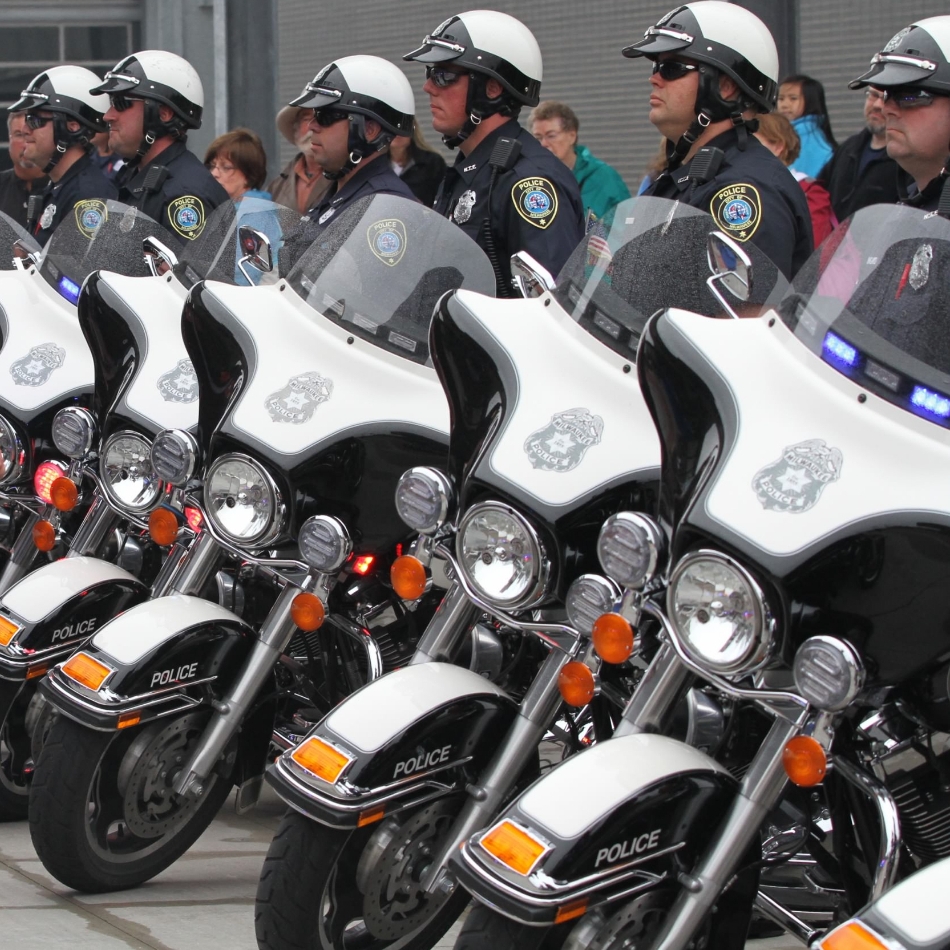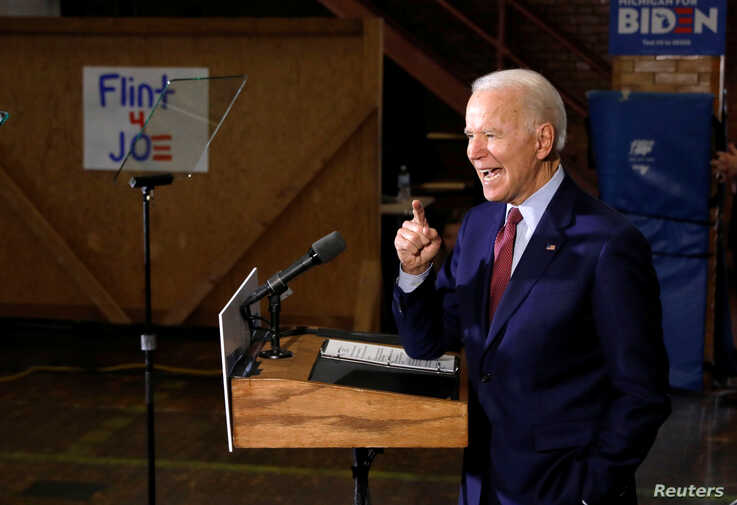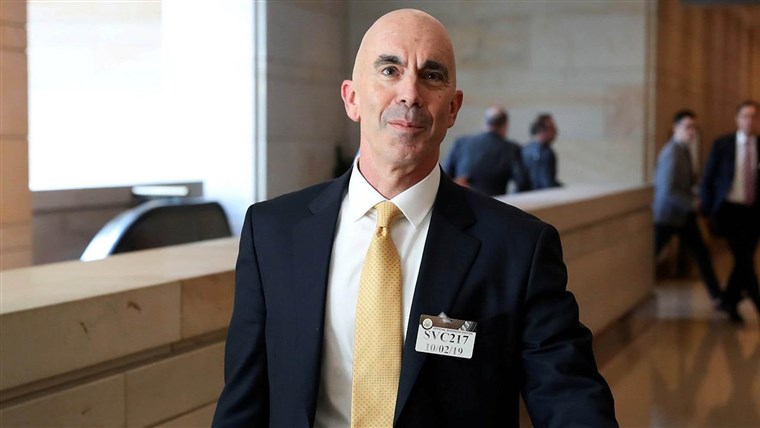Sometimes, when you don’t know what a protest chant or slogan means, you ask for help. Please, what does “defund police” mean? Here are five answers from key officials in Wisconsin:
*Democratic U.S. Sen. Tammy Baldwin: “When you call 9-1-1 because someone is breaking into your home, the police will respond. That will always be the case.
“‘Defund the police’ is a slogan,’ it’s going to be weaponized by Republicans.
“We ask and expect a lot of our police that goes beyond the sort of foundations of policing. We have to challenge local communities to reimagine policing and public safety…If we get pinned down by slogans that don’t impact that…we’re not going to have the best creative minds come together to make progress.”
*Democratic Congressman Mark Pocan: “At the end of the day, what [defund police] means is government — which is how police departments are funded, through tax dollars — must treat everyone with respect and fairly.”
Pocan and other House Democrats are sponsoring a bill that bans choke holds and no-knock warrants and would compile a national registry of violence-prone officers. He also wants national training standards for police, saying anyone stopped in any state should “know what to expect.”
*Jim Palmer, executive director of the Wisconsin Professional Police Association (WPPA): “If we’re talking about significant reductions in police spending, I think the ‘defund’ movement is counterproductive on multiple levels.
“WPPA annually commissions a statewide poll [on] law enforcement funding and what people want to see…In our 2019 poll, the vast majority of the respondents (86%) indicated that they either strongly or moderately agreed that having a well-funded police department contributed to the quality of life in their community. The results on that question have been consistently strong over the years.
“Additionally, we have habitually asked whether people want more officers in their neighborhoods, less officers, or whether they think the number of officers should remain the same. A majority of the respondents want more officers in their neighborhoods — not less — and that’s especially true for a larger proportion of the non-white respondents.
“Lastly, when we ask questions about community oriented policing — that is, having officers in their neighborhoods that work to develop and foster relationships with the communities they serve — a larger proportion of minority respondents have consistently indicated their strong support for this kind of policing.
“Significant reductions to police spending will only serve to the detriment of the programs and priorities that communities of color appear to value the most.”
*Former Dane County Sheriff Rick Raemisch, who also ran prison systems in Wisconsin and Colorado: “George Floyd’s murder was a horrible tragedy, but I don’t think defunding is the answer. Reform is the answer. Let the justice system deal with bad cops and embrace the majority of those in law enforcement that dedicate their lives to protecting the community.”
*Former Madison Police Chief Mike Koval: “If ‘defunding’ means completing gutting the current infrastructure of policing, then I am staunchly opposed… If ‘defunding’ means using an intentional, surgical examination of where community resources could be bolstered to mitigate some of the strains placed on police operations, then I would be open to having some additional dialogue.
“We cannot just abdicate the role of police in a free society. The need for first responders would be akin to eliminating an emergency room in a hospital — only worse!
“…A cop is thrust into a similar role: triaging, using the best resources available, and applying a band-aid or tourniquet where surgery or long-term care is actually necessary.
“No one would ever assume that the cops are the best one-size-fits-all cure to all that ails our society. Quite the contrary. But we are left to be all things to all people, given the fact that there are not enough resources for other essential social service providers.
“We are responding to addicts in the throes of dying from an overdose (and often saving their lives), mental illness episodic breaks, intervening in domestic violence, mediating civil disputes, facilitating constitutional rights (I.e., rally’s, protests, marches), and keeping our roadways moving and safe — to name a few of the prominent activities that are performed daily.
“…So much of the discussion has been binary on the topic of defunding; ‘yes’ or ‘no.’ How about reviewing the essential role of police AND where the work can be better shared?”
Steven Walters is a senior producer for the nonprofit public affairs channel WisconsinEye. Contact him at stevenscotwalters@gmail.com



